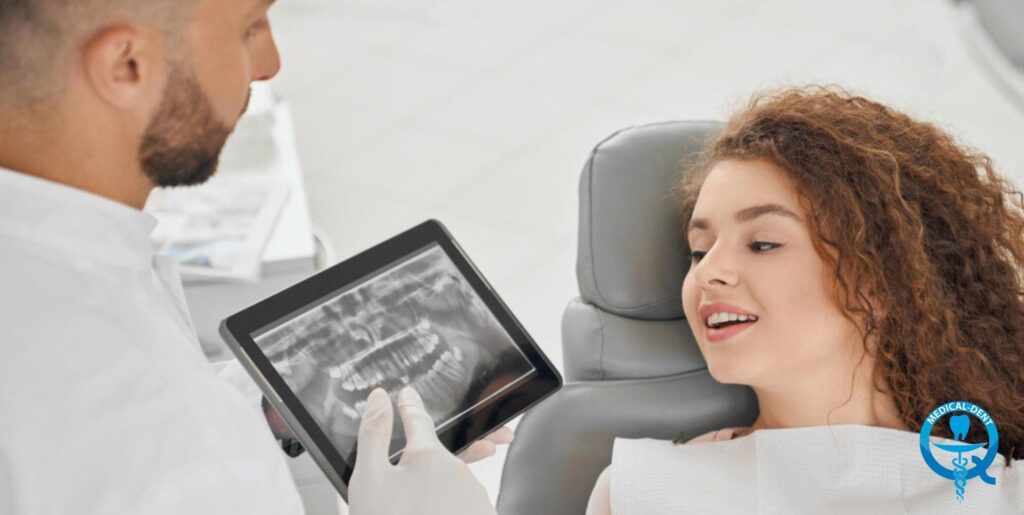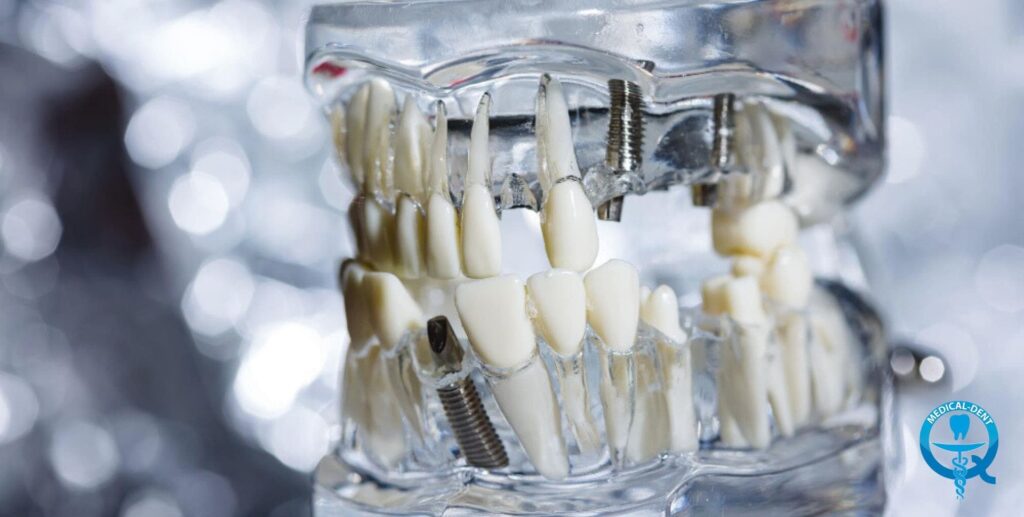Losing a tooth is not only an issue of aesthetics, but also of everyday comfort. Difficulty eating, impaired pronunciation or reduced self-confidence - these are problems that many people face after extraction. In such situations, dental implants are one of the best and most modern solutions. However, before you decide to take this step, it is worth knowing that there are contraindications to dental implants that may temporarily or permanently prevent the procedure.
For whom are dental implants the ideal solution?
Implants are recommended for people who want to replace the lack of one, several or even all teeth in a permanent and natural way. They work well in both younger and older patients, provided that the jawbone or jawbone is in good condition.
Simply put, an implant is an investment in life comfort. The patient regains not only a full smile, but also the freedom to eat, laugh and even speak. Unlike dentures, there is no foreign body sensation and no need to worry about them moving or falling out.
Implants are also an excellent choice for professionally and socially active people - they require no special care apart from daily oral hygiene and regular check-ups.
If you want to learn more about the benefits of implants we recommend our article “6 reasons why dental implants in the UK are a good choice".

Most common contraindications to dental implants
However, not everyone can undergo the procedure straight away. There are contraindications to dental implants, which should be carefully assessed before treatment begins. The most common include:
- unregulated diabetes, which impedes tissue healing,
- periodontal diseases (periodontitis, inflammation of the gums),
- osteoporosis or other diseases affecting bone density,
- smoking, which significantly reduces the chances of implant acceptance,
- lack of sufficient bone tissue,
- systemic diseases (e.g. kidney failure, heart failure, autoimmune diseases),
- Pregnancy - during this time the procedure should be postponed,
- incomplete jawbone development, i.e. the patient is too young.
Contraindications to dental implants do not always mean that implantation is impossible. Often, it is a signal that the body requires prior preparation - balancing blood sugar levels, stabilising systemic disease or rebuilding lost bone. Modern implantology combines surgical, periodontal and regenerative treatment, so we can effectively minimise many risk factors. The individual approach is key - it is not the list of diseases that determines the possibility of implantation, but the patient's current state of health and the response of the tissues to the healing process.

What if not implants?
If contraindications to dental implants prevent the procedure, this does not mean that you have to resign yourself to missing teeth.
Modern dentistry offers various alternatives. These include prosthetic bridges (about which more here) or skeletal dentures, which also restore tooth function and aesthetics. You can read more about other options in the text “What instead of an implant".
In some cases, the doctor may suggest a bone reconstruction procedure or a sinus floor lift to make future implantation possible.
Therefore, if you have missing teeth or are struggling with complete edentulousness, make an appointment for a implantology consultation. It will give you an answer as to whether implants are a possibility for you.
That's not all! During the consultation you will receive all treatment guidelines, as well as pricing. And here we have some good information. You can spread both the cost of the implant itself and the entire treatment in instalments. Importantly, the first 12 months up to zero interest. If you want to find out more read the article “Instalment scheme for dental treatment in the UK " or contact get on with it.

